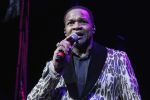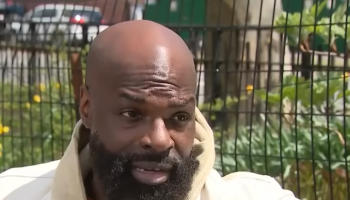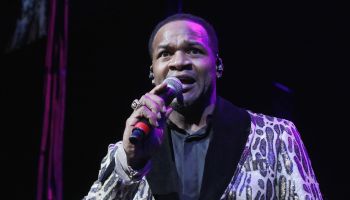Let’s go there.
The big lie: education=financial success.
Or does it?
I have been in school since age six and am a tenured professor turned entrepreneur. It is safe to say I have been in school just about my whole life. As a social entrepreneur who really believes one can make money and make a significant difference in the world, I have been really dealing with myself as well as my clients—purpose-driven high-achieving black women experts, execs, entrepreneurs, PhDs, and professional services providers who have walked through some sort of fire in their life—who are extraordinarily accomplished with credentials and experience out the wazoo, but have difficulty translating their expertise into big bucks.
So I am interested in exploring the dissonance between education and success. My intention with this inquiry is to offer a new paradigm for success I am calling a Ph.D. in business for successful sisters.
Let’s start here. In 1991, Chris Argyis published an article in the Harvard Review, Teaching Smart People How to Learn, where he notes how success is directly linked to a person’s ability to learn. Well, smart people, particularly leader types, suck at learning. Learning requires failing, and smart people identify their sense of self with winning. So if they fail, their behavior becomes defensive and they are not open to feedback, suggestions or help. To accept such overtures would signify to the smart leader that she or he is not enough.
I think about my clients—smart, passionate, committed, beloved Type A personalities sisters with hearts as big as Texas—who limit their success because they can’t fail. A failure to them makes them a failure at the core level. My client base is diverse, yet we all have the same sort of experience. How? Why? Where did we get this sense of ‘failure/I’m a failure’ propensity as a culture of high achieving sisters? The answer is obvious: school.
I know there are many other factors involved in identity theory—trust me; it’s my area of expertise as a theorist and philosopher—but walk with me for a moment on this one. North American education is rooted in an Enlightenment notion of learning: deductive logic and repeating facts. Meaning, if you work hard and do well, you can expect to be rewarded with a good job, which leads to success. Sir Ken Robinson’s TED talk, How Education is Killing Creativity, explains how traditional education is obsolete in the 21st century because the old Enlightenment Period model of education is completely outdated for a globalized economy and a hyper-connected world.
Think back to your educational experience. In school, you were rewarded for getting the answers right. In school, you learned how to play by the rules or there were consequences. In school, you learned to work hard, be congenial, get along, not rock the boat and beat the competition.
Can you see where this is going?
All of those behaviors directly undermine your business success. If you want a sustainable and profitable business, you have to be willing to fail in order to succeed. You have to break the rules to be successful–especially the self-imposed rules that limit your performance. You have to work smart, not hard, to have your business grow. You have to be creative and flexible instead of trying to do it right.
Let me say it like this: the traditional education paradigm teaches students how to land a ‘good job’ where your skills, talents, experience, and personality save the day. Yet most MBAs, marketing programs, and sales trainings didn’t account for the economy tanking. What do you do when you have spent a fortune on an education that is just about obsolete in a globalized, Internet-connected world?
Even if you haven’t dropped bucket-loads of cash—or student loans—on your MBA, you have poured the equivalent in sweat equity into your business, career, or job, working countless hours and sacrificing health, family time, and peace of mind in order to ‘make it.’ But when you look at where you are, you realize you have gone no where fast. No traction. Just incremental movement at a snail’s pace.
This dependency on ‘a good education’ puts a glass ceiling on one’s income, fighting for clients from the competition, and thousands and thousands of dollars poured down the drain into trainings, sales courses, and marketing programs that haven’t worked. The result for high achieving sisters is that they are so not where they thought they would be by now. The feeling of impending failure lurks just under the surface.
Here’s the thing. It’s time to get into the 21st century by upgrading your most valuable asset—YOU. It’s time for you to go back to school— a different kind of school that offers a different kind of education.
The Big Lie: Education=Financial Success was originally published on blackamericaweb.com















